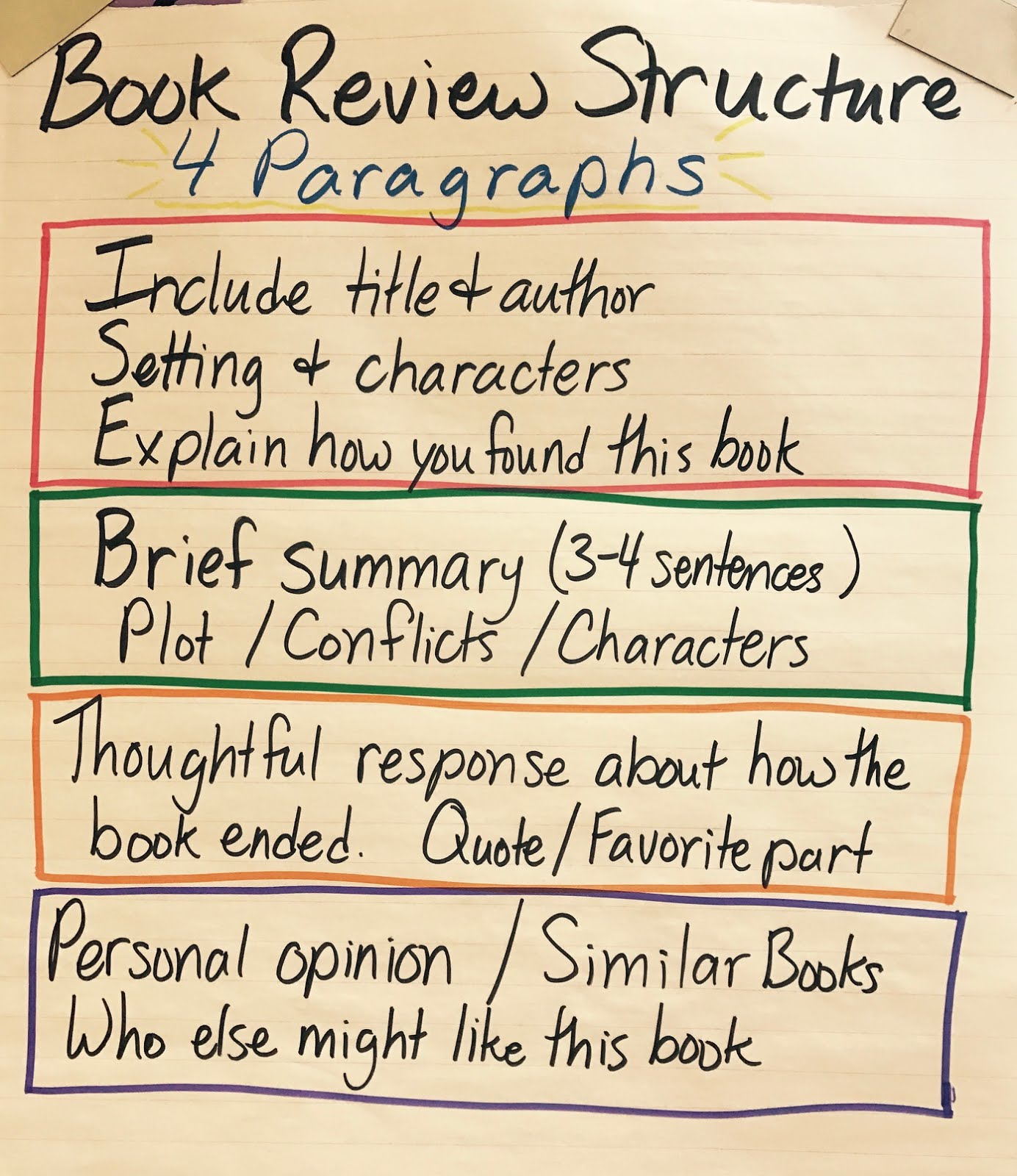In the literary universe, the act of reviewing books transcends mere critique; it metamorphoses into a rich dialogue interwoven with personal introspection and cultural relevance. This phenomenon is not only about what the book conveys through its pages, but also about what it elicits in the reader—an exploration of emotions, intellect, and societal paradigms. Exploring the depths of a book not only reveals its intrinsic narrative but also reflects profound truths about our shared human experience.
At the very core of book reviewing is the recognition of a fundamental truth: every book is a mirror. It reflects the diverse tapestry of humanity—the triumphs, the tragedies, the mundane, and the extraordinary. Readers are often drawn into this labyrinth, seeking to understand not just the storyline but also the character kinks and thematic nuances that resonate on multiple levels. Thus, a book review acts as a springboard, launching discussions that illuminate deeper societal dynamics and personal reflections.
Consider the blurb of a novel, often crafted meticulously to entice potential readers. Yet, what lies beneath that polished surface? A book review delves into those underlying layers, extracting the essence of storytelling and examining how these elements interplay with the reader’s psyche. For instance, prevalent themes such as love, loss, and redemption are more than mere plots; they are universal narratives that echo through the ages. They evoke curiosity and provoke inquiry into why we, as a collective society, repeatedly find solace and understanding through them.
One might ponder why certain books capture our fascination more profoundly than others. This enigma reveals itself through the lens of relatability and the thematic resonance it carries. Iconic novels often reflect the zeitgeist of their time, addressing societal issues and human conditions that, while specific in their context, are universally applicable. A compelling review does not shy away from articulating these connections, elucidating how the characters’ struggles mirror our own. For example, in George Orwell’s “1984,” the themes of surveillance and control transcend the era of its publication and resonate starkly within contemporary discussions about privacy and autonomy, drawing readers into a gripping contemplation of freedom versus oppression.
Moreover, the engagement elicited by a well-crafted book spans beyond mere narrative enjoyment; it serves as a conduit for deeper intellectual engagement. A proficient review enhances comprehension, providing readers with critical insights that augment their reading experience. By dissecting literary devices such as symbolism, foreshadowing, and allegory, reviewers can unravel complex layers that often go unnoticed. The metaphorical depth of a simple phrase or an action may reflect broader existential questions—an analytical perspective that adds richness to the reading experience.
Furthermore, the emotional landscape navigated within the pages of a book is not solely its intended impact; it is also a reflection of our collective consciousness. Readers frequently uncover parallels between the author’s world and their own lived experiences. This intertextual connection fosters empathy, prompting readers to reflect on their realities through the lens of fiction. Thus, a reviewer has the responsibility to articulate not only the book’s merits or flaws but also its potential to provoke emotional revelations within the reader.
The role of a book review does not merely encapsulate a summary of events but rather blossoms into an intricate tapestry of interpretation and personal resonance. The reviews that evoke the most profound contemplation are those which recognize this transformative potential. They challenge readers to engage, to ask questions that may linger long after the last page is turned. What did the author reveal about the human condition? How did the crafted characters reflect the complexities of our societies? These inquiries breathe life into literature, although they illuminate the necessity of nuanced discourse in book reviewing.
A compelling review serves as an intellectual beacon, guiding readers toward titles that resonate with their interests while simultaneously sparking curiosity about the unfamiliar. It propels readers to venture beyond their comfort zones, exploring genres and narratives that diverge from their usual preferences. In an age dominated by digital media, where distractions abound, a thoughtful review can often persuade an individual to invest time into a literary journey that could resonate significantly on a personal or ideological level.
Moreover, the contemporary landscape of book publishing has coalesced with the growth of independent and self-published authors. This democratization of literature requires reviewers to play an even more pivotal role. They navigate a plethora of new voices, curating a rich selection for readers who may feel overwhelmed by endless options. A discerning reviewer can elevate less mainstream works, shedding light on emerging narratives that challenge established norms. This exploration not only cultivates diversity within the literary world but also cultivates a more inclusive dialogue about literature as an art form.
In conclusion, the very act of reviewing a book offers a window into the myriad facets of stories, authors, and readers alike. It invites an examination of our collective psyche, societal constructs, and the emotional currents that run through each narrative. The allure of sharing these intellectual encounters propels the conversation, creating an ever-evolving dialogue about literature and its timeless relevance. The next time you ponder over a book review, consider the vast depths contained within—a treasure trove of insights waiting to be discovered, ready to enrich your own reading experience.
